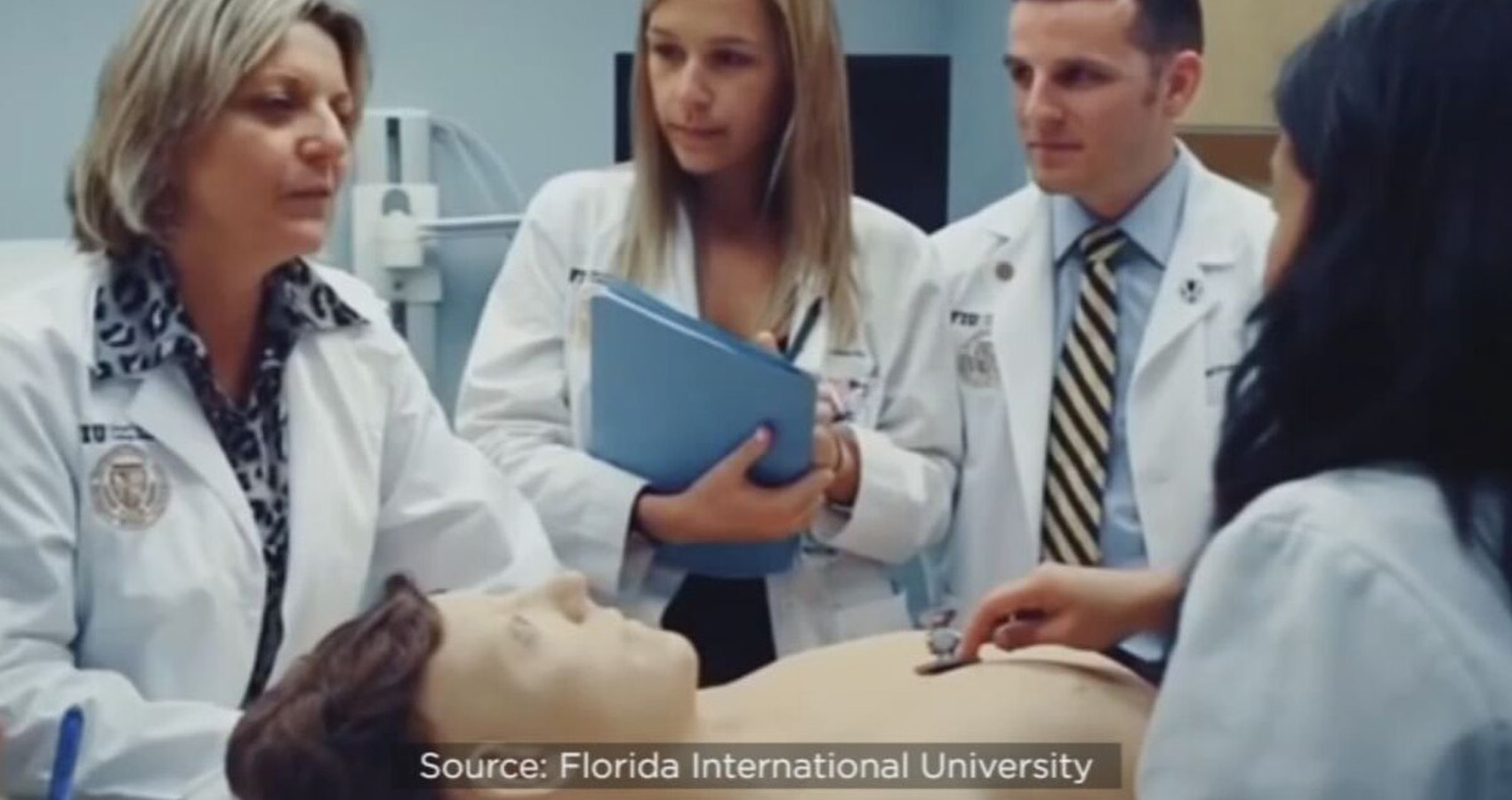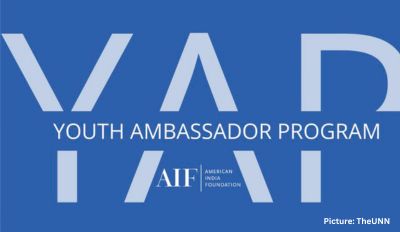“Now more than ever we need your talent, your energy, your resolve and your character.” Those were the words Anthony S. Fauci, MD, director of the National Institute of Allergy and Infectious Diseases, said last spring to new medical school graduates as part of the AMA’s “Tribute to the Medical School Class of 2020.”
FAQs about med school
Get answers to all your biggest questions about getting into medical school, the application process, the MCAT and more.
It appears another flock of potential physicians may have been listening, however. With medical school applications up nearly 20% from last year, some are attributing that bounce to the “Fauci effect,” in essence crediting the nation’s most famous and most visible physician with inspiring a new generation.
According to the Association of American Medical Colleges (AAMC), the number of students applying to enter medical school in 2021 is up 18% from this time last year. The bump is unprecedented, and the reasons behind it are not entirely clear.
“This large of an increase is unprecedented,” said Geoffrey Young, PhD, the AAMC’s senior director of student affairs and programs. ”We can’t say for sure why so many more students have applied this year. Some students may have had more time for applications and preparing for the MCAT exam after their college courses went online. Some may have been motivated by seeing heroic doctors on the front lines of the COVID-19 pandemic.”
At Ohio University Heritage College of Osteopathic Medicine (OU), one of 37 member schools of the AMA Accelerating Change in Medical Education Consortium, the number of applications received to date—a 14% year-to -date increase—has surpassed the number received in the entire 2020 cycle, with two months before the application submission deadline.
“The fact that we as a society are dealing with this pandemic and people are seeing the challenges that our health care workforce are dealing with, and the pain and suffering of those who deal with COVID, it certainly could have fanned the flames for applicants who were thinking about a career in medicine,” said John D. Schriner, PhD, an associate dean for admissions and student affairs at OU. “They want to make a difference similar to what Dr. Fauci is saying.”
Other factors to which the spike could be attributed include an unfriendly economic climate for new graduates and more time to prepare applications.
“It is certainly encouraging to see an increase in applicants to medical school, and there are likely multiple drivers involved,” said Kimberly Lomis, MD, the AMA’s vice president for undergraduate medical education innovations. “The pandemic disrupted many students’ intended plans and has caused all to reconsider their educational and career options. Medicine needs people inclined to step up in times of crisis, and current medical students across the country demonstrated that ethos this year.”
At the November 2020 AMA Special Meeting, Dr. Fauci gave an exclusive interview to AMA Executive Vice President and CEO James L. Madara, MD. Read more about Dr. Fauci’s 2021 forecast on COVID-19 vaccines, treatments.
In interviews, Dr. Fauci has downplayed his impact on the application increase. Schriner isn’t so sure, however.
“There are a lot of great physicians who inspire students to go toward medicine and make a difference,” Schriner said. “Dr. Fauci is such an inspiring figure, a trusted figure. I think there may be something to it.”
While the factors contributing to the increase in applications are likely manyfold, the pandemic has caused an increase, Schriner says, in applicant altruism. And it has done so at a needed time— according to data published this year by the AAMC, the United States could see an estimated shortage of between 54,100 and 139,000 physicians, including shortfalls in both primary and specialty care, by 2033.
“Folks are just seeing such suffering and such sacrifice on the part of the patients and their families, and also the sacrifice and suffering made by the health care delivery team,” Schriner said. “There’s an altruistic spirit that is reflected in the increase in applications.”
Medicine can be a career that is both challenging and highly rewarding but figuring out a medical school’s prerequisites and navigating the application process can be a challenge into itself. The AMA premed glossary guide has the answers to frequently asked questions about medical school, the application process, the MCAT and more.
Applications To Medical School Up Big. Is It The “Fauci Effect”?











